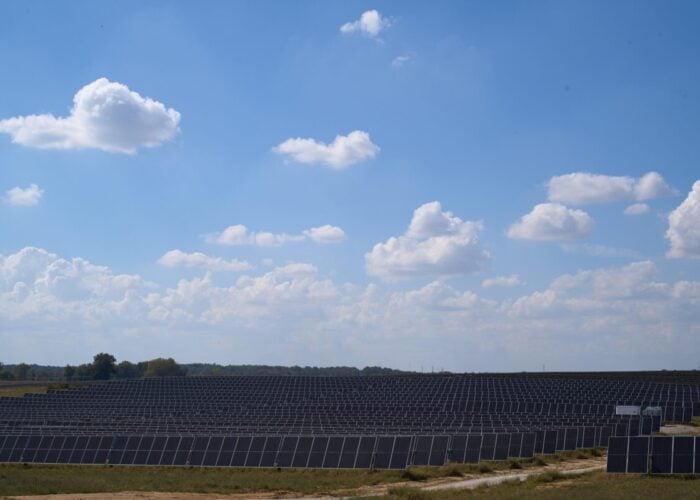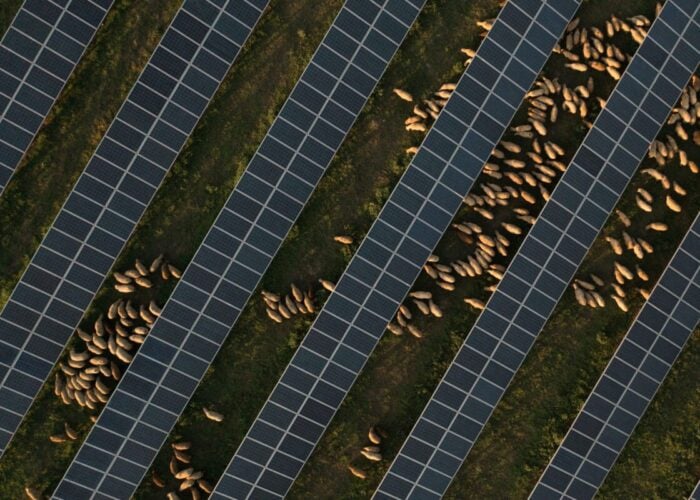The current rate of cut backs to support for solar energy could put the German energy transition at risk, the country’s solar trade body has warned.
The Federal Solar Industry Association (BSW-Solar) has claimed that while the cost of solar fell by 25% in the past two years, support schemes for the technology have been cut in half.
Try Premium for just $1
- Full premium access for the first month at only $1
- Converts to an annual rate after 30 days unless cancelled
- Cancel anytime during the trial period
Premium Benefits
- Expert industry analysis and interviews
- Digital access to PV Tech Power journal
- Exclusive event discounts
Or get the full Premium subscription right away
Or continue reading this article for free
The country installed 3.3GW in 2013 according to BSW, figures in line with the Federal Network Agency’s data in early December. That compares to 7.6GW in the previous year.
Carsten Körnig, managing director of BSW-Solar, warned the new government’s continued feed-in tariff degression plans must be slowed.
“The further expansion of solar energy as the main pillar of energy supply is an indispensable climate policy and is now affordable. Now is the time to take advantage of the considerable potential of solar energy for the energy revolution,” he said.
“It cannot be that we stall the development of solar energy just now where photovoltaics has become so inexpensive,” added Körnig.
Monthly decreases in support of 1.4% have begun to outpace reductions in cost and BSW argues a more intelligent design is required to ensure solar receives adequate support, without passing on unreasonable costs to electricity bills.
Since announcing the planned shutdown of all its nuclear power plant the country has increased its dependency on coal for baseload power and renewables.
The cost of supporting Germany’s installed renewables, and solar power in particular, has become the focal point for those seeking lower energy prices in the country.
The new coalition government has set out a renewable energy target range for 2025 of between 55% and 60% by 2035. Critics argue this should be revised to 60%.






